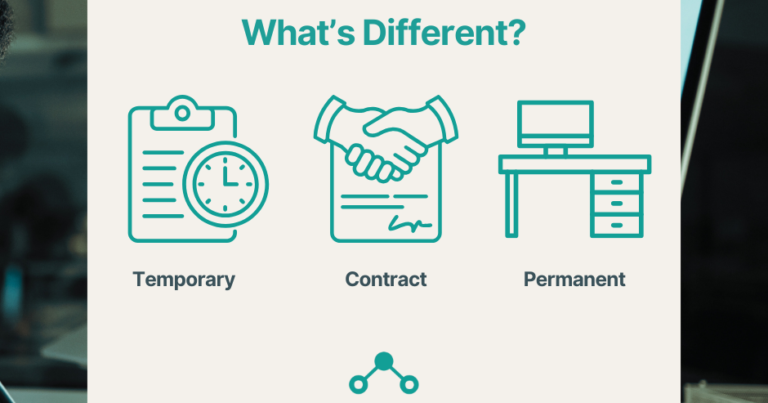Hiring is a process, a process carried out by all companies, but can the process become a little stale? And how do you ensure that that doesn’t happen, that your candidates go through a streamlined and well thought out, up to date recruitment process?
Your recruitment process is an individual’s first introduction to the company, look at it this way and how your recruitment process is conducted becomes part of your employee retention.
Rezoomo recently published a report looking at what candidates look for and what they dislike in a hiring process with some interesting results which we will touch on.
So, time to look at your candidate experience…
How are candidates introduced to your brand? Is this your website, your advert? Make sure that this reflects the qualities and overall feel that your brand promotes. If you strive to create a fun atmosphere for your staff, or supportive or groundbreaking environment then this should radiate through your hiring process. Is your hiring or HR team welcoming? If your firm portrays itself as pioneers in the field, ask yourself is your recruitment process cutting edge, with new and innovative interview techniques? If you promote a social and supportive office environment, is the process also sociable and supportive? You get the idea!
How long does your recruitment practice usually take? Time matters, not only to your company but to your candidates. Take a look and evaluate if there are too many stages to your recruitment process; if there are, this could lose you valuable candidates. The strongest talent may well be visiting and pursuing other employers or recruiters. If these screening and interviewing stages are completed much quicker, they may well be snapped up while you’re still arranging your 3rd interview…
This leads us swiftly on to your communication from the word go. From your first communication to your last, what is the message you are conveying about you as a brand?
We can link this very closely back to our first point of matching the values that you offer your employees. Your means of communication matter, is there a better way to communicate than email? We have available to us, email, whatsapp, text, social media, video calling, the list goes on.
Phone calls are a sure way to make a better connection with candidates and if possible speaking with the individual who will be carrying out the interview will offer a sense of continuity.
Have your candidates been given the means of communication, correct email addresses, numbers, twitter handles even, to communicate effectively with your team? Make it easy for them to make the contact too!
Is the process clear from the off? Again, this is about your candidates buying in to you as much as you choosing them, so clarity is key in keeping them onboard. A brief overview of what will be expected of them or what they will be expected to undergo throughout the recruitment process will likely put them at ease and allow a better performance from your candidates.
Rezoomo found that 59% of candidates experience significantly worsened and 35% somewhat worsened experience with unclear instruction, that’s 94% claiming a negative effect from lack of clear instruction.
How much of your process is automated? Our last blog discusses AI and machine learning in the recruitment process, so we’re not saying that an automated process is a bad thing, this can decrease levels of unconscious bias and this may fit your firm’s image and area of expertise. If you’re involved heavily in AI for example, it makes sense for your candidates to be introduced to and experience this from the off. However, don’t lose that personal element, a warm greeting before the automated section of the interview takes place etc. Introducing this element to your recruitment also allows you to see how your candidates react in different circumstances and environments.
Overall we’re moving at a much faster pace, and with communication so incredibly easy, your process should be streamlined, efficient and communicated well with your candidates, successful or not, don’t forget about the unsuccessful candidates, this doesn’t speak well for your firm; only 17% claimed that the lack of notification when a role was filled did not have a negative impact on their experience. (Rezoomo)
One idea; have one or two of your current employees experience the current recruitment process and provide feedback, or make the most of your actual candidates and ask for their feedback after their full recruitment experience with your firm.




